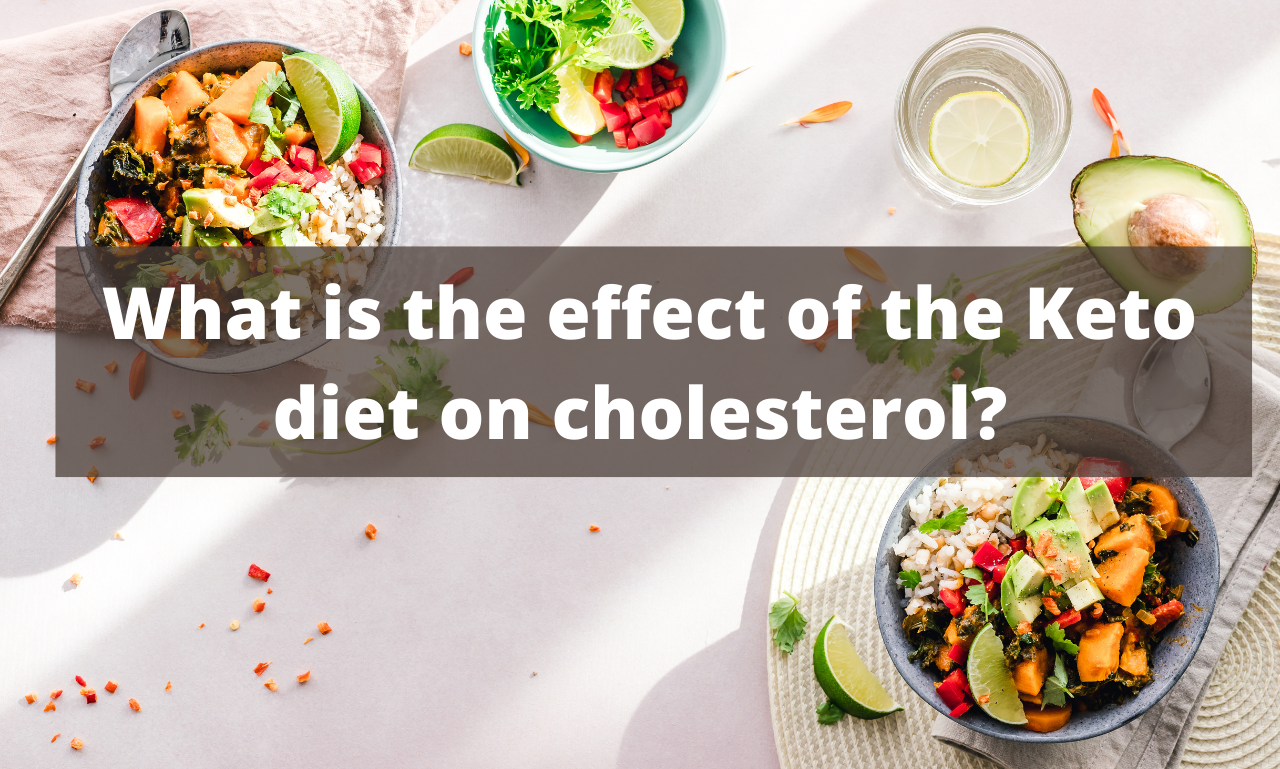What is the effect of the Keto diet on cholesterol?
What is the effect of the Keto diet on cholesterol?
There exists a question regarding the keto diet, Is the keto diet healthy for cholesterol? What is the effect of the Keto diet on cholesterol? The ketogenic diet consists of consuming a high fat, low carbohydrate diet.
Fewer macronutrients are permitted on the Keto diet compared to most other low-carb diets. Protein, fats, and carbohydrates make up an average macronutrient. The majority of our diet consists of foods rich in these nutrients.
As keto diets contain a lot of fat, it is unclear if they will increase or lower cholesterol levels. There is an increased risk of heart disease associated with high cholesterol levels.
This article aims to explain the health risks associated with the keto diet and its effect on cholesterol levels. Let's first ask: Does the keto diet help people with high cholesterol?
Does the keto diet help people with high cholesterol?
In the long run, a ketogenic diet can lower cholesterol levels for most people. Those with high cholesterol levels may need to adjust to the keto diet.
Weight loss may be facilitated by natural ketosis. It may also benefit from epilepsy, type 2 diabetes, and other chronic conditions.
A doctor's supervision is likely to make ketosis safe for most people. There are, however, some adverse effects associated with ketosis, especially at the beginning. The long-term effects of a ketogenic diet are also unknown.
Furthermore, some research suggests that a keto diet can lead to severe heart problems due to increased bad cholesterol.
How Does the Keto Diet Work for Cholesterol?
The ketogenic diet is warned against its heart-harming effects by anyone who promotes it. According to several studies, high-fat, moderate-protein, low-carb diets are associated with higher blood cholesterol levels.
Keto diet and cholesterol
According to several studies, the ketogenic diet lowers high-density lipoprotein (HDL) cholesterol and raises low-density lipoprotein (LDL) cholesterol. This means that not everyone will benefit from a keto diet. Cholesterol levels may make the ketogenic diet unsuitable for those with high cholesterol levels.
Allowances for cholesterol and ketosis
Fat, protein, and carbohydrates must be consumed in the following amounts every day on the keto diet:
Carbohydrates: 5–10%
Total macronutrients: 55-60% fat
Protein: 30–35%
You may have higher cholesterol levels if you consume high-fat diets like the one described above because your body produces natural LDL cholesterol. Consuming trans and saturated fats increase your LDL cholesterol levels.
Keto diet risks
The following side effects may occur as a result of keto diets:
The keto flu
Muscle cramps
Weakness
Headaches
Constipation
Hypertension
Ketogenic diet safety considerations
Some studies have shown that keto diets lower cholesterol levels. When low carbohydrate consumption is maintained, triglycerides in the liver are likely to be lower, which helps raise HDL levels.
LDL cholesterol may increase with the keto diet for some people. Due to this, it may not be suitable for everyone.
People with fat-induced Lipemia may not be able to use it. Elevated blood fat levels characterize Lipemia.
When people with fat-induced Lipemia follow a keto diet, their triglycerides may stay elevated, resulting in pancreatitis. Lipemia patients are generally advised to eat a low-fat diet.
A diet plan can help you lose weight if you talk to your doctor about it.
Ketogenic diets are recommended only after weighing the risks against the potential benefits, which include rapid weight loss, decreased triglyceride levels, and increased HDL cholesterol levels.
The bottom line
Keto diets have been found to help people lose weight quickly and effectively. The keto diet, however, can be challenging for some people. Before starting any weight loss diet, it is recommended that you consult a dietitian or doctor.




Comments
Post a Comment